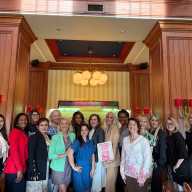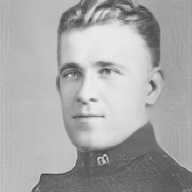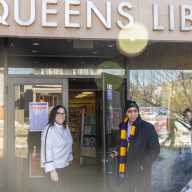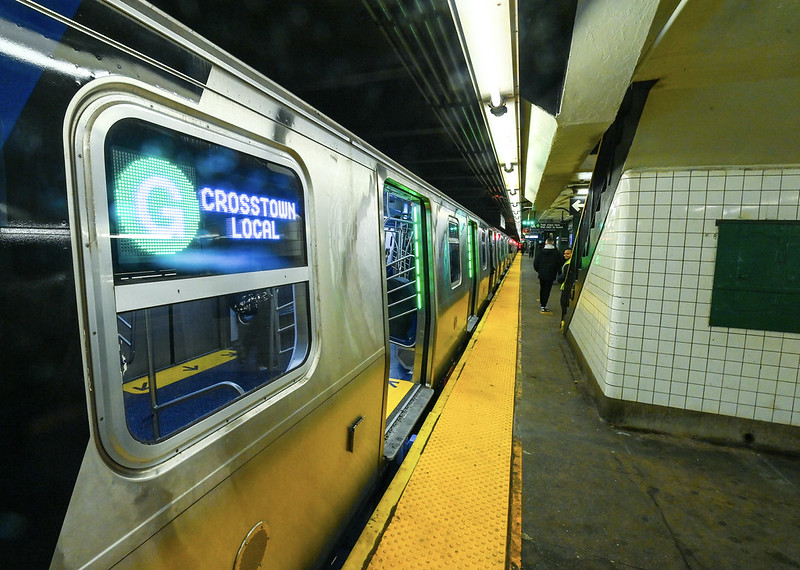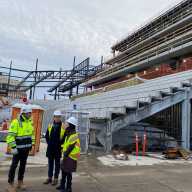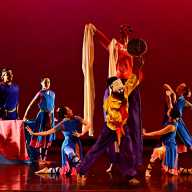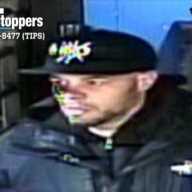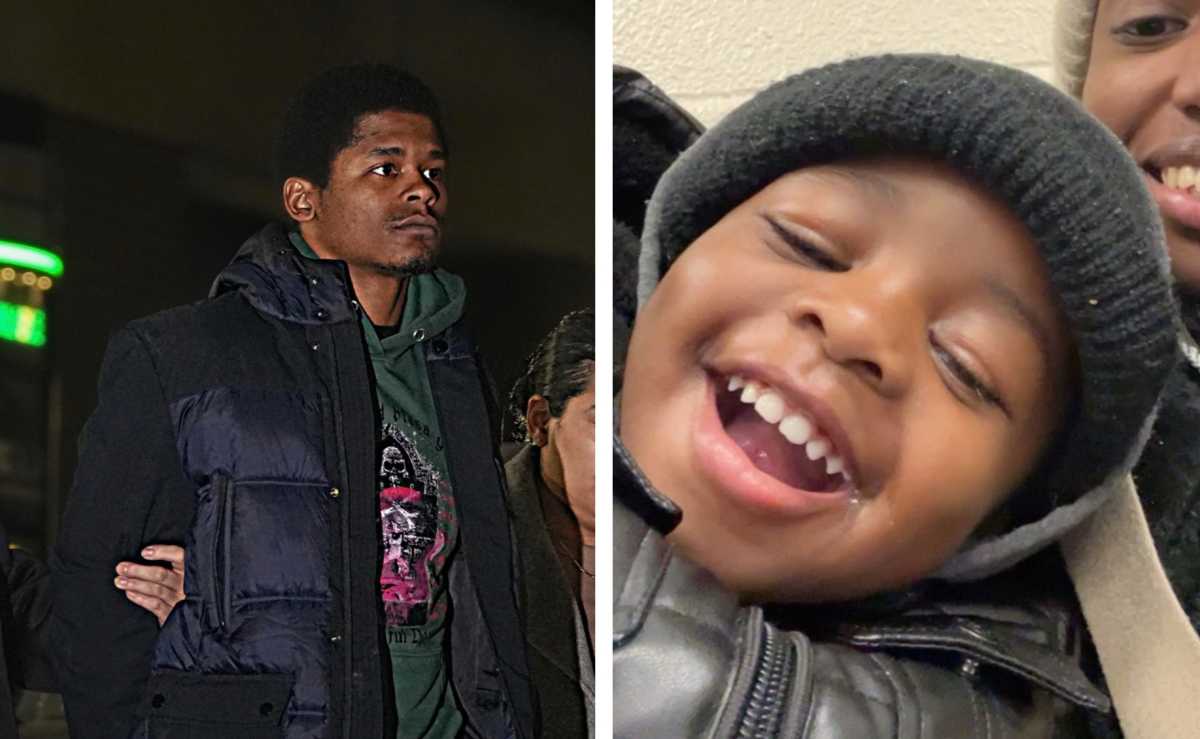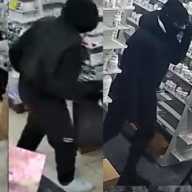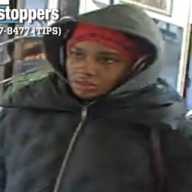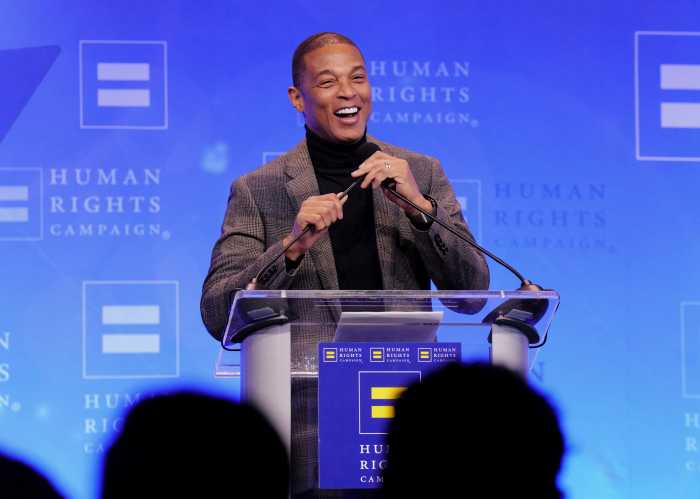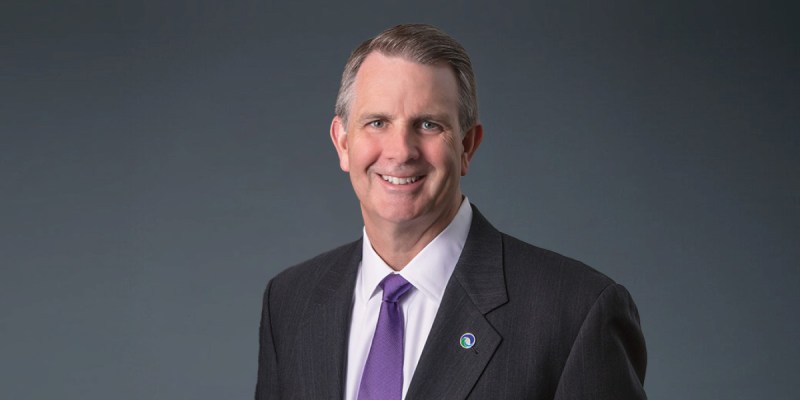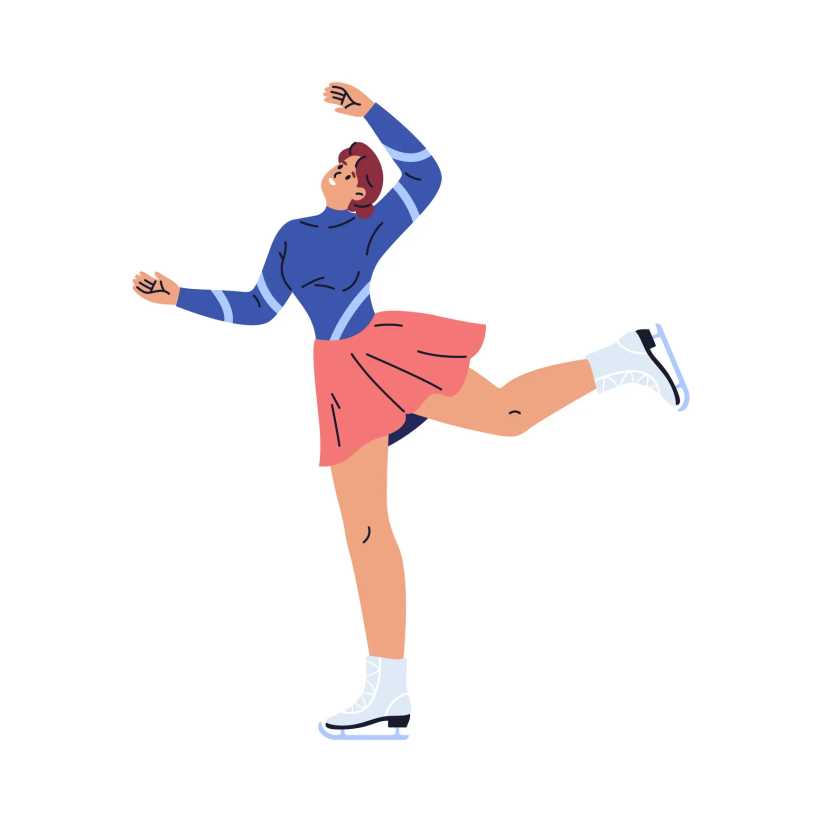COMMUNITY INVOLVEMENT: Anthony Meloni founded the New York Anti-Crime Agency in 1984 with the intent of keeping the community safer through crime prevention and neighborhood beautification. The agency offers self-defense classes for women. It also hosts a second-chance program for those arrested, allowing them to clean up graffiti and plant trees instead of having a permanent criminal record. The group offers a free fingerprinting service for children if they get lost. Though the group primarily works in western Queens, they also function in other parts of the borough. Additionally, he serves on Community Board 1 as its public safety chair.
PERSONAL: Aged 55, Meloni is an Astoria native. He went to P.S. 122 and the old site of Long Island City High School. He moved on to Queens College to receive a degree in urban studies, with a minor in ethnic studies. After graduating, he was offered a job at the Federation of Italian American Societies as executive director by State Senator Anthony Gazzara.
OCCUPATION: He has been the executive director of Immigration Advocacy Services since 1988, where he oversees an office that helps people become citizens and residents. The non-profit organization assists immigrants with filing documents, complying with immigration procedures and offers free consultations.
BIGGEST CHALLENGE: Meloni found his challenge rooted in how much time he could devote to his work. “It’s time well spent, and I wouldn’t change it for the world,” he said. Meloni added that he enjoys helping others, but makes sure he has time for his family as well.
FAVORITE MEMORY: While eating in a diner, Meloni was approached by a grateful woman who told him how she was able to fight off an attacker and ran away because of what she learned through the agency’s program. He noted that a goal of the group is “helping women to become more independent and self-sufficient” through the self-defense training.
INSPIRATION: Meloni draws his inspiration from the belief that “if you live in an area and you’re not part of the solution, then you’re part of the problem.” He believes that he might not be able to change the world, but he can at least improve a slice of it. “You always try to work and see what’s needed in a community,” he said. “I enjoy seeing the fruits of my labor.”
— Jano Tantongco







